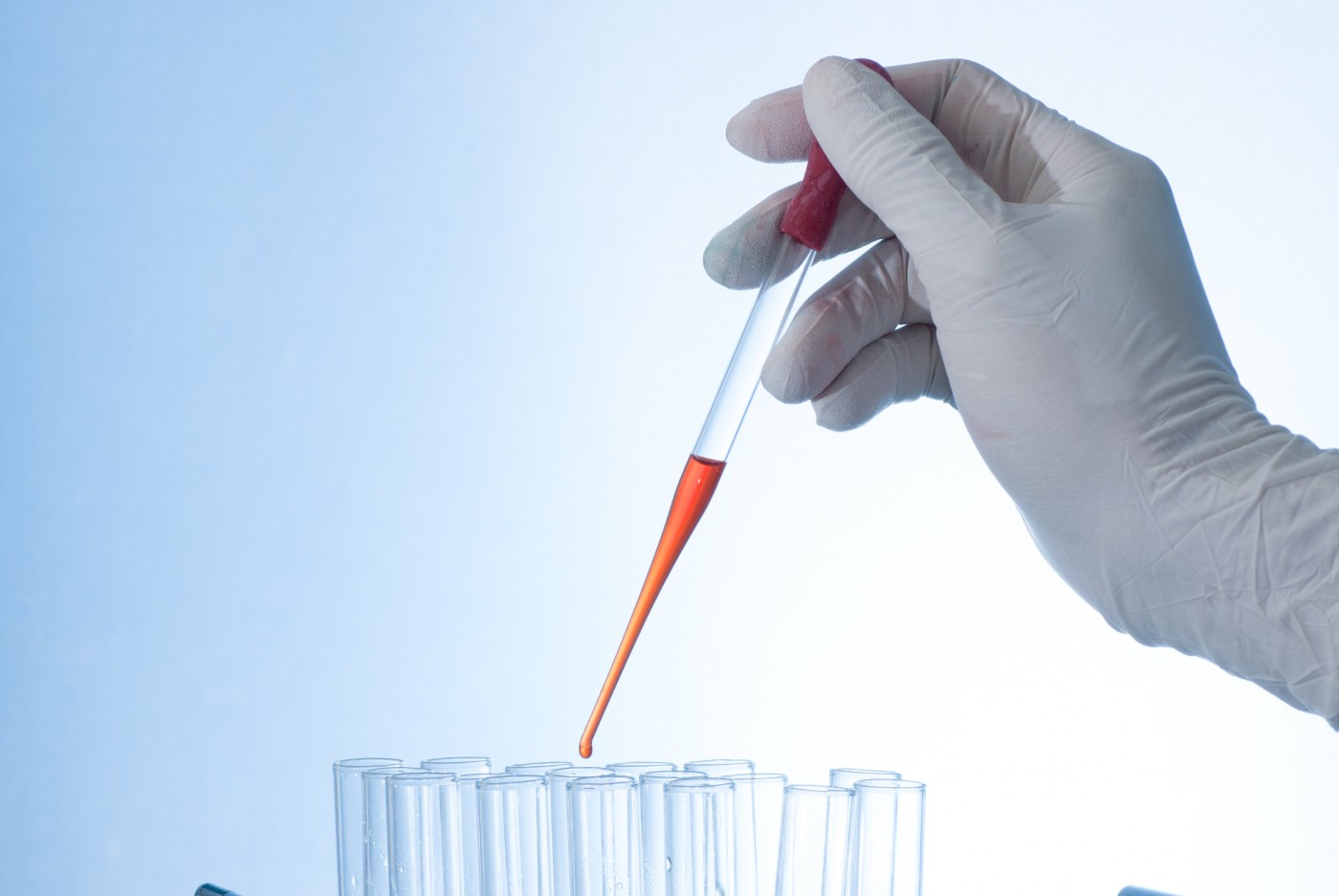IQuity to Release 7-Day Blood Diagnostics Test for Multiple Sclerosis in May
Written by |

Molecular diagnostics startup IQuity is introducing a pioneering blood test that speeds up multiple sclerosis (MS) diagnosis to just seven days. Previously, this process could take up to months or years.
IQuity, based in Nashville, Tennessee, began working on its new IsolateMS blood test in January 2016, after receiving $2 million in seed funding from the National Institutes of Health. The test, to be released this May, has a reported accuracy of 90 percent.
Current testing methods such as magnetic resonance imaging scans take much longer to reach a diagnosis because they rely on measuring the progress of irreversible neurological damage. By contrast, doctors can administer IsolateMS as soon as symptoms appear, before the disease has inflicted any significant damage.
“The 90 percent accuracy rate of IsolateMS should give providers and patients a great deal of confidence in their results,” IQuity CEO Chase Spurlock told Multiple Sclerosis News Today. “This test augments existing clinical practice and eliminates the period of uncertainty that can accompany an MS diagnosis. IsolateMS allows patients and providers to begin discussing next steps immediately.”
Spurlock and IQuity co-founder Thomas Aune developed the test at Nashville’s Vanderbilt University Medical Center. The two are among the first researchers to use machine-learning to investigate the link between gene expression and autoimmune diseases.
IsolateMS works by assessing patients’ RNA levels and gene expression. Previous IQuity’s research showed that autoimmune disease patients exhibit distinct RNA expression patterns in their blood that are different from individuals without the disease, suggesting that these RNA markers could be a way to diagnose autoimmune conditions.
In this case, researchers used machine-learning to create a disease-identifying algorithm by recognizing differentially expressed protein-coding genes and noncoding genes.
IQuity’s suite of algorithms, IQIsolate, works by helping researchers analyze RNA markers extracted from a patient’s blood sample and matching their RNA profiles against healthy and sick patient profiles. This determines if the patient’s gene expression pattern is consistent with a specific disease.


